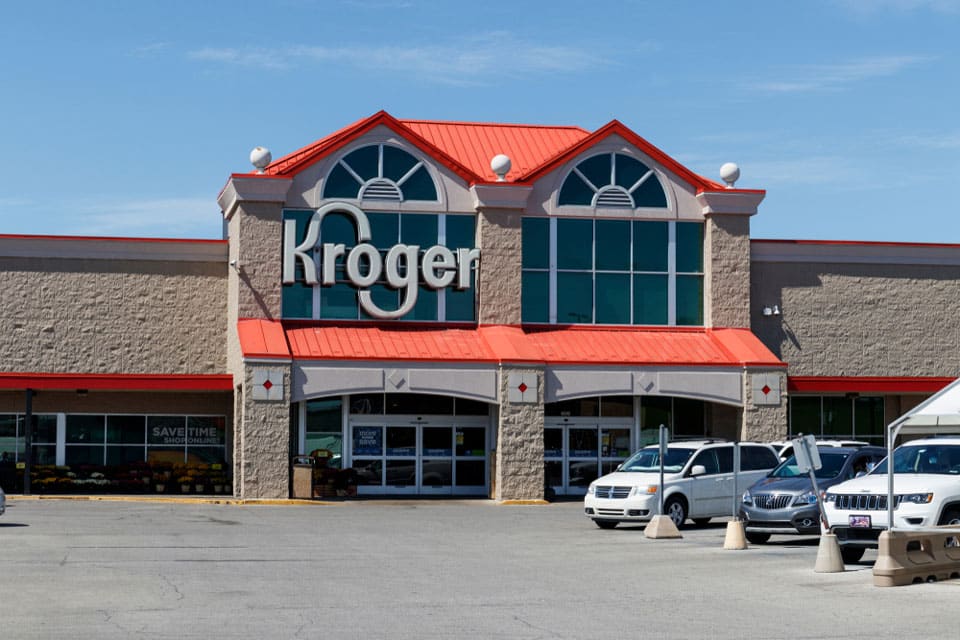Is corporate America willing to spend big on M&A again?

The resurgence in big spending on mergers and acquisitions (M&A), exemplified by Capital One’s $35 billion deal for Discover Financial and Walmart’s $2.3 billion acquisition of smart TV maker Vizio, suggests a renewed confidence in corporate America’s appetite for strategic expansion and consolidation. Such deals often reflect a company’s desire to diversify its offerings, gain market share, or capitalize on emerging trends. However, it’s important to note that this optimism may be short-lived.
Focus on antitrust regulation under the Biden administration:
The Federal Trade Commission’s (FTC) move to block Kroger’s $25 billion acquisition of Albertsons signals an increased focus on antitrust regulation under the Biden administration. This intervention may deter dealmaking activity in the corporate landscape, posing potential risks for investors eyeing mergers and acquisitions.
Recent victories include a federal judge siding with the Department of Justice (DOJ) and blocking JetBlue’s $3.8 billion acquisition of Spirit Airlines, as well as biotech firm Illumina’s decision to sell Grail, underscore the administration’s proactive approach to scrutinizing mergers and acquisitions for potential anticompetitive effects
Kroger-Albertsons super-merger: Kroger is the nation’s biggest grocery company, and Albertsons is the second-biggest. A Kroger-Albertsons combo would be the largest supermarket merger in U.S. history, resulting in a grocery Goliath with 5,000 stories, roughly 4,000 retail pharmacies, and nearly 700,000 employees.
Kroger has 28 subsidiaries with nearly 2,800 supermarkets, including Harris Teeter, Dillon’s, Smith’s, King Soopers, Fry’s, City Market, Owen’s, JayC, Pay Less, Baker’s Gerbes, Pick‘n Save, Metro Market, Mariano’s Fresh Market, QFC, Ralphs and Fred Meyer.
Albertsons owns and operates more than 2,200 supermarkets through its many brands. They include Safeway, Vons, Jewel-Osco, Shaw’s, Acme, Tom Thumb, Randalls, United Supermarkets, Pavilions, Star Market, Haggen, Carrs, Kings Food Market and Balducci’s.
Overall, these developments highlight the Biden administration’s commitment to robust antitrust enforcement and its role in shaping the corporate landscape by scrutinizing mergers and acquisitions for potential anticompetitive effects. As regulatory scrutiny intensifies, companies pursuing consolidation will need to navigate a more stringent approval process and consider potential divestitures to address antitrust concerns effectively.
Have you read?
Ranked: Countries with Highest (and Lowest) Rates of Infant Mortality, 2024.
Ranked: Countries That Waste the Most Food In The World, 2024.
Ranked: Countries with highest malaria death rates in the world, 2024.
Ranked: These are the countries with the highest (and lowest) death rate from malnutrition, 2024.
Revealed: 100 Best-Selling Mobile Phones of All Time.
Bring the best of the CEOWORLD magazine's global journalism to audiences in the United States and around the world. - Add CEOWORLD magazine to your Google News feed.
Follow CEOWORLD magazine headlines on: Google News, LinkedIn, Twitter, and Facebook.
Copyright 2025 The CEOWORLD magazine. All rights reserved. This material (and any extract from it) must not be copied, redistributed or placed on any website, without CEOWORLD magazine' prior written consent. For media queries, please contact: info@ceoworld.biz








